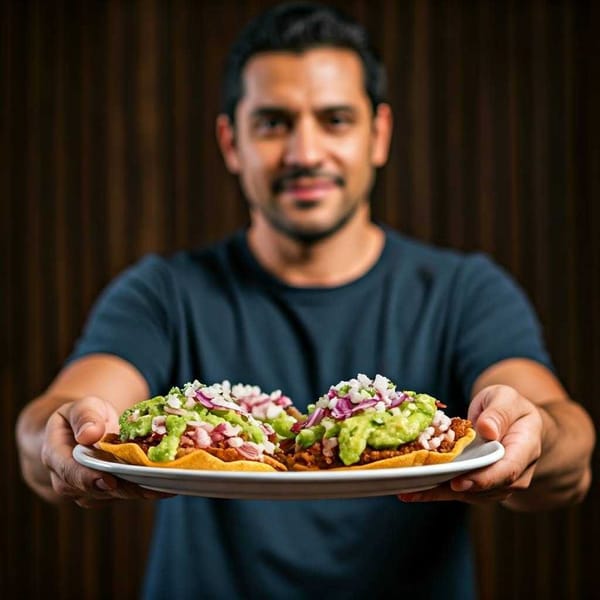A Planet Full of Hungry Bastards and Not Enough Steak
The world faces a food crisis due to unsustainable consumption, climate change, and geopolitical conflicts. Hunger and malnutrition are rising, and resources are dwindling. To ensure a sustainable future, we must reduce food waste, consume more sustainably.

Right then, let’s talk about food. Not just your average cheeseburger or a soggy portion of chips, but the real global situation with food. Spoiler alert: it's not good. In fact, according to Julieta Ojeda Gómez, the head of UNAM's Sustainable Food University Program, it’s absolutely critical. The challenge we face is not just enormous, it’s gigantic, mammoth-sized. We’re talking about an unsustainable production model that’s set to collapse under its own weight.
Now, Ojeda Gómez didn’t just pluck this from thin air. She cites the World Wildlife Fund, those people who care more about pandas than I care about my next Sunday roast. By 2050, if we keep munching through the world's resources like we are now, we’ll need not one, not two, but almost three Earths to satisfy humanity’s cravings for food and energy. That’s right—three. And let me just remind you, in case you’ve forgotten: we’ve only got one. Just the one lonely planet, spinning away in the void, that we’re happily ripping apart to satisfy our appetite for burgers, chicken nuggets, and avocado toast.




